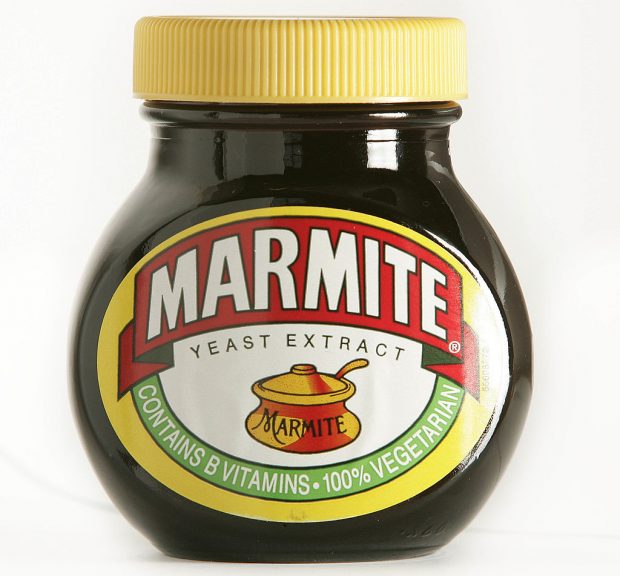Only in the bizarre, upside-down, post-Brexit referendum world could Tesco try to portray itself as a victim of bullying by one of its suppliers. Isn’t Tesco supposed to be the nasty corporation which ruthlessly uses its might to squash the people who produce the goods which line its shelves? What about all those farmers, dairies and small-time cookie-makers apparently given a tough time by hard-nosed buyers at Tesco, who always want everything cheaper and for payment terms to be stretched out ever longer?
I don’t expect anyone to feel sorry for Tesco – I’m certainly not sobbing over my Marmite sandwiches – but the reality is that yes, the supermarket really has met its match. Tesco (market capitalisation £16 billion) is a tiddler compared with Unilever (£46 billion). Unilever has reportedly demanded a 10 per cent rise in the wholesale price for its products because it knows it can. British supermarkets only account for five per cent of its worldwide income. If Tesco wants to retaliate by stopping stocking Marmite and Cornettos, Unilever can afford to tough it out, knowing that even if it gets it wrong and we all start buying rival brands rather than seeking the company’s products in other shops, it won’t do itself too much harm.
What the dispute certainly isn’t about – although the Remain camp will desperately try to make out it is – is the sinking pound. While Unilever’s reported ten per cent rise in wholesale prices of its products is lower than the 14 per cent fall, since June, in the value of the pound relative to the dollar, many of these products are produced in Britain. Marmite is made in Burton-upon-Trent, where I think it unlikely that workers are paid in dollars or Euros. Whether all the yeast which goes into the product still comes from Burton’s breweries – the reason the factory was set up there in the first place – is an irrelevance because the raw materials are only a fraction of the production costs.
Unilever didn’t lower its wholesale prices when the pound was strong, but it is appearing to use the weak pound as an excuse to raise its prices. That’s just business. There is little point in Tesco complaining about unfair treatment when it shamelessly uses its own muscle at every opportunity. It can either pay up – or convince us that there are better, cheaper alternatives than brands like Marmite. The latter approach certainly hasn’t done Aldi and Lidl any harm.







Comments